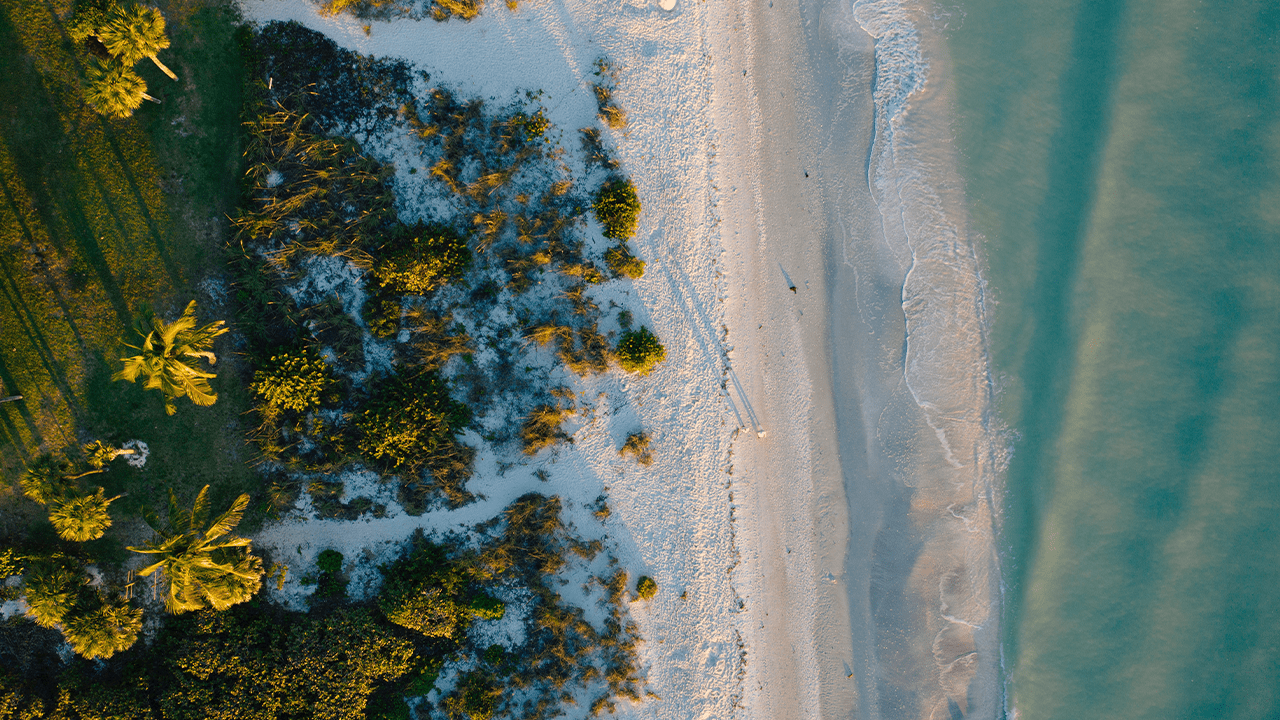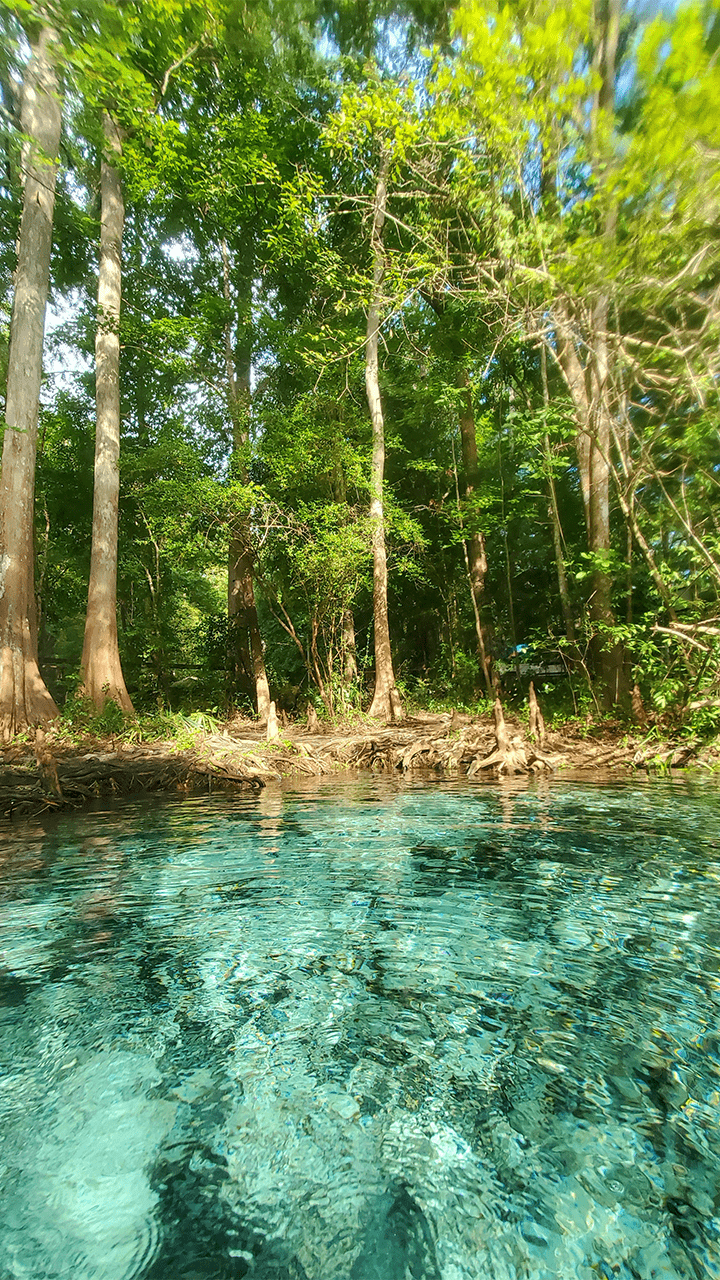• Take an airboat ride through Everglades National Park, a 1.5-million-acre natural region of tropical wetlands on the southern tip of Florida. The Everglades are home to hundreds of unique species and an abundance of wildlife including the American alligator, American crocodile, the West Indian manatee and the endangered leatherback turtle.
• Study how this once-thriving ecosystem is shrinking as dams and canals continue to be built for agricultural, architectural, and residential purposes.
• Journey further south to the Florida Keys, a diverse ecosystem of mangroves, coral reefs, pinelands, and saltwater channels teeming with unique species.
• Explore John Pennekamp Coral Reef State Park in Key Largo, the first under-sea park in the United States. Set out on a dive or snorkel expedition and see first-hand some of the reef’s nationally significant marine resources and more than 6,000 species of marine life.
• Take a guided paddle board excursion through miles of secluded mangrove channels and get up close and personal with the fish, marine mammals, birds, and other species that make their homes in the mangroves.
• Sit down with a marine scientist to discuss climate change, ocean acidification, and other human-activated stressors that are causing coral reef degradation throughout the Keys.
• Meet with a local NGO working to educate the public, especially tourists, about ocean and reef conservation and to encourage responsible tourism in the Keys.
• Meet with a scientist at the Dolphin Research Center, a facility dedicated to education through the research and rescue of dolphins.
• Travel further down the Keys to the Turtle Hospital, and learn about this NGO’s work in rescue, rehabilitation, and release of local sea turtles.
• Continue on to the southernmost Key and learn about how tourism, overfishing, pollution, and irresponsible boating are all contributing to the dangers that face this unique ecosystem.

